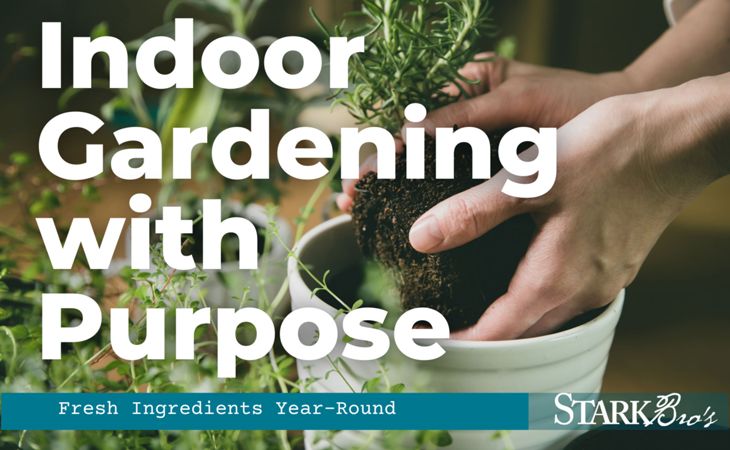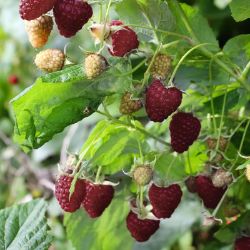Watering Raspberry Plants
Unless your raspberry plants are growing in an area where irrigation is usually needed for growth (desert areas, drought areas, containers, etc.), you probably won’t need to water your raspberries more than what the rain naturally provides after the first growing year. Until then, follow these guidelines to watering raspberry plants efficiently.
NOTE: This is part 10 in a series of 11 articles. For a complete background on how to grow raspberry plants, we recommend starting from the beginning.
General Watering Guidelines
- If the growing season brings about an inch of rainfall every 7 to 10 days or so, you shouldn’t need to provide any additional water; however, if it gets really dry in a week’s time, you can give your raspberry plants a good, thorough soaking. The best way to do this is to let your garden hose trickle slowly around the root zone. This gives the water a chance to soak in and down to the roots instead of running off over the soil surface. It is less wasteful, and you can even use something like a soaker hose to water several raspberry plants at once.
- If you’re in the midst of a “brown-lawn drought”, you still shouldn’t water raspberry plants too much or too often. Worse than dry, thirsty roots is waterlogged, drowning roots.
Note: These guidelines are far from strict, so just be sure to water only when it is needed. Raspberry plants do not need lots of water every day like people do; however, if you discover that your soil or your location’s environment requires more frequent watering to avoid drought-stress to your raspberries, adjust your watering schedule accordingly. Rely on your plants and the soil they’re planted in as the best reference for when they need water.
Keep in mind, many parts of the country have restrictions on water usage. Be sure to adhere to your county or state’s restrictions when watering your raspberry plants, and contact your local department in charge of water usage for more information.




















